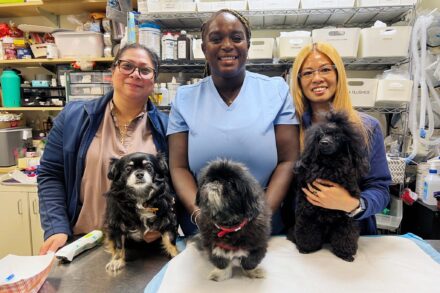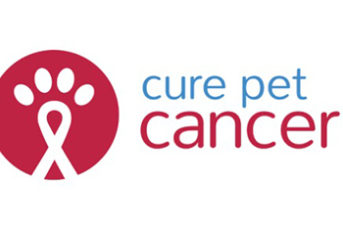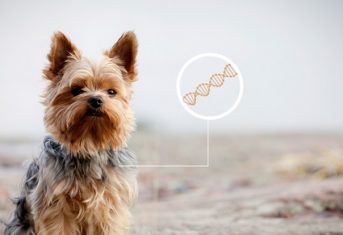How Genetic Mutations Impact Your Pet’s Health and Veterinary Care

How Genetic Mutations Impact Your Pet’s Health and Veterinary Care
A mutation is a change in your genetic material, also known as DNA. Mutations can be inherited, like the truncated tail of a Manx cat, or they can be acquired during a pet’s lifetime. Exposure to radioactivity, drugs, heavy metals and chemicals such as nicotine can damage DNA and induce mutations. Some mutations are simply the product of random errors during DNA replication.
Mutations have varying effects on health. Some mutations can be helpful—for example, the mutation underlying sickle cell anemia that helped people survive malaria. Many mutations are “silent,” causing no health concerns. A common mutation in cats causes polydactyly, or extra toes, which results in extra toe beans but poses no health concerns. However, some mutations can result in an illness, cancer or affect how a body metabolizes a drug. This blogpost will highlight how veterinarians use knowledge of mutations to better care for your pet.
ABC Transporter Mutation
The ATP-Binding Cassette (ABC) transporter is a protein found in the cell wall. One of the ABC transporter’s functions is to pump drugs out of cells. A mutation in this transporter molecule renders it unable to move drugs out of the cell, causing them to accumulate at toxic levels.
Drugs impacted by ABC transporter mutations include heartworm, flea, and tick preventatives, anti-diarrhea medications and chemotherapy drugs. The Washington State University College of Veterinary Medicine has a very helpful list of drugs to be concerned about.
Certain dog breeds are at greater risk for this mutation, which is present at birth rather than acquired over a lifetime. Affected dog breeds include:
- Approximately 70% of collies
- Shetland sheepdogs (Shelties)
- Australian shepherds
- Old English sheepdogs
- English shepherds
- German shepherds
- Long-haired whippets
- Silken windhounds
- A variety of mixed-breed dogs
Cats also carry this mutation, but because it’s a more recent discovery, less is known about drug reactions and commonly affected breeds.
The only way to determine if your pet has this mutation is through a DNA test. Identifying the presence of the mutation helps your veterinarian avoid drugs that could make you pet sicker rather than better.
Mast Cell Tumor Mutation
Veterinarians can often identify mutations in cancerous tissue to help guide treatment decisions. Veterinary oncologists studying canine mast cell tumors have identified a mutation called c-kit that helps predict outcomes for dogs with cutaneous mast cell tumors.
For many dogs, the biopsy of a mast cell tumor can confirm complete excision and the likelihood of a surgical cure. But for other dogs, the biopsy is less definitive. In those cases, your dog’s oncologist might recommend testing for the c-kit mutation using the biopsy sample obtained at surgery. When present, the mutation indicates a tumor is more apt to come back or spread, making additional treatment essential.
Mutations in Dogs Living in Chernobyl
Since the Chernobyl nuclear disaster in 1986, a population of free-roaming dogs has survived and continued to reproduce in the contaminated zone. The population is divided into two groups: one near the damaged nuclear reactor site and the other in the city of Chernobyl. Recently, veterinary scientists studied these two dog populations, looking for evidence that chronic exposure to radiation and other mutagenic substances was increasing mutations in the dogs. Unexpectedly, the dogs’ chromosomes—structures that contain DNA—showed no abnormalities, and mutation rates were not increased compared to dogs in the geographic region outside the contaminated zone.
This research highlights the fact the we can’t always predict mutations or their impact on pets.

































